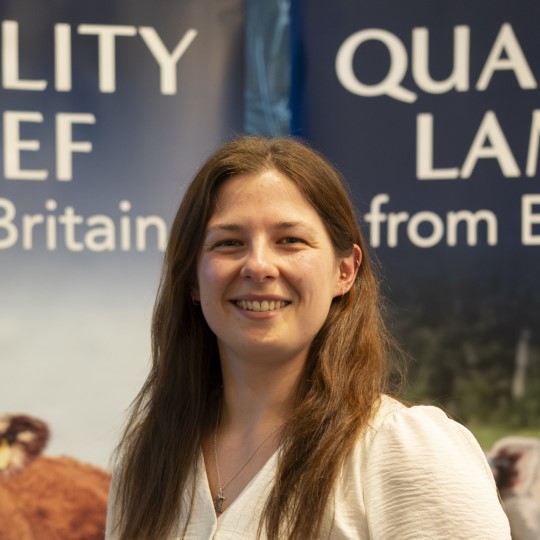CCC: better farming practices and land use change needed to meet climate goals
Thursday, 30 January 2020
By Hannah Clarke
A new report published by the Committee on Climate Change (CCC) suggested the increasing use of low-carbon farming practices, improving animal health, precision farming, planting more trees, restoring peatland, increasing the planted area of bioenergy crops and reducing food waste would help to achieve reductions in emissions.
Key recommendations from the report:
- Adopt low-carbon farming practices to reduce emissions, such as precision cropping, improving genetics and manure management
- Afforestation and agro-forestry: planting at least 30,000ha of woodland per year to increase the UK’s forestry cover from 13% to at least 17% by 2050
- Peatlands: restoring 50% and 25% of upland and lowland peatlands respectively,
- Bioenergy crops: expanding the planted area of bioenergy crops such as miscanthus and short rotation coppice by 23,000ha per year
- Reduce consumption of "carbon-intensive foods", including the reduction of beef, lamb and dairy by 20% per capita
- Reduce food waste by 20%
The CCC, independent advisors to the UK Government and Devolved Administrations, reported that reducing consumption of beef lamb and dairy by 20% would reduce on-farm emissions by seven megatonnes of CO2 by 2050.
However, they noted that the climate effect of reducing beef consumption would depend on the amount of imported beef consumed vs domestic supply. They also explained that the source of these imports may have negative consequences for the UK’s emissions, for example, if more product is imported from countries with a higher beef carbon footprint following Brexit.
A number of ‘soft’ and ‘hard’ mechanisms were identified in the report to steer consumers away from red meat and dairy towards plant-based alternatives, including increasing plant-based options in public-sector catering (e.g. hospitals), and through information and labelling in supermarkets. ‘Hard’ secondary measures included financial incentives and price signals (i.e. subsidies and taxes) to reduce production of "GHG-intensive" proteins and stimulate innovation, while regulation (i.e. environmental standards) could influence production. The report stated that price signals could “change the perception of meat as a relatively cheap and ‘essential’ staple food purchase”.
The committee expects that accompanying the recommended reduction in ruminant meat and dairy consumption would be a 10% drop in cattle and sheep numbers by 2050. This, the report stated, coupled with increasing crop and livestock productivity and grazing intensity, would allow around a fifth of agricultural land to be taken out of production and converted to other land uses.
The report suggests that this change in land use will require funding of £1.4bn per year, which the committee states could be provided by a combination of the private sector and public funding. The committee estimates the net social benefit from these land use changes will total £3.3bn a year, and factor in benefits like improved air quality, flood alleviation, and improved recreational opportunities.
Read our response to the report here

Sign up for regular updates
You can subscribe to receive Beef and Lamb market news straight to your inbox. Simply fill in your contact details on our online form.
While AHDB seeks to ensure that the information contained on this webpage is accurate at the time of publication, no warranty is given in respect of the information and data provided. You are responsible for how you use the information. To the maximum extent permitted by law, AHDB accepts no liability for loss, damage or injury howsoever caused or suffered (including that caused by negligence) directly or indirectly in relation to the information or data provided in this publication.
All intellectual property rights in the information and data on this webpage belong to or are licensed by AHDB. You are authorised to use such information for your internal business purposes only and you must not provide this information to any other third parties, including further publication of the information, or for commercial gain in any way whatsoever without the prior written permission of AHDB for each third party disclosure, publication or commercial arrangement. For more information, please see our Terms of Use and Privacy Notice or contact the Director of Corporate Affairs at info@ahdb.org.uk © Agriculture and Horticulture Development Board. All rights reserved.
Topics:
Sectors:
Tags:

